Description
100g
Ingredients: goat milk, non-animal rennet, microbiological cultures, mixed herbs, garlic powder, sea salt.
Did you know?
Several years ago, Goat Peter’s was started in the Magaliesberg valley by a Swiss couple. Their first goat was called Heidi, a respectable Swiss name, and it did not take much thinking to link Heidi to the company name, Goat Peter’s. Both names are derived from the well-loved children’s classic, Heidi, the little girl and her friend Peter, the goat herder, who lived high up in the Swiss Alps in the Canton of Grison.
Did you know that more people worldwide drink goat milk than cow’s milk? Unlike cow’s milk, there is no need to homogenise goat milk. While the fat globules in cow’s milk tend to separate to the surface, the globules in goat milk are much smaller and will remain suspended in the solution. This also means that goat milk can be frozen.
Benefits of Goat Milk
Goat milk is a very good source of calcium and of protein, phosphorus, riboflavin (vitamin B2) and potassium. Perhaps the greatest benefit of goat milk, however, is that some people, who cannot tolerate cow’s milk, are able to drink goat milk without any problems. Goat milk has also been shown to enhance the metabolism of both iron and copper, especially when there are problems with absorption of minerals in the digestive tract. These, and other factors, are likely to play an important role in the tolerability of goat milk versus cow’s milk.
For infants who have difficulties with digesting dairy products, goat milk can sometimes even be used as a replacement for cow’s milk-based infant formulas.
Most people assume that goat milk will have the same strong, musky taste for which goat cheese is famous. Yet, in fact, good quality goat milk has a delicious, slightly sweet, and sometimes also slightly salty, taste – and good quality goat milk cheeses only have a hint of a goaty taste.





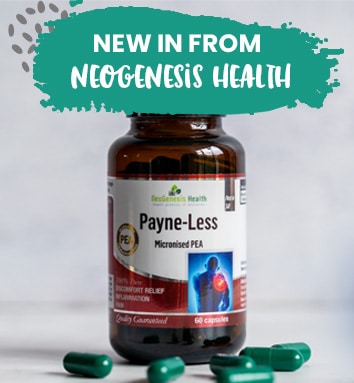
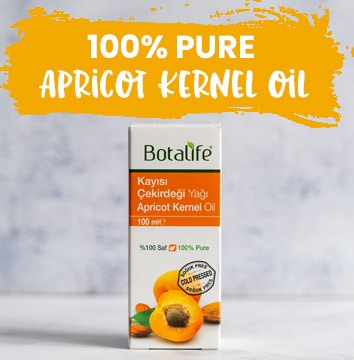
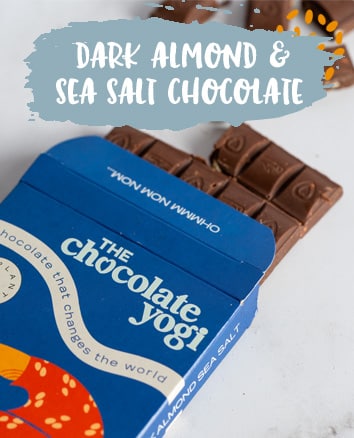
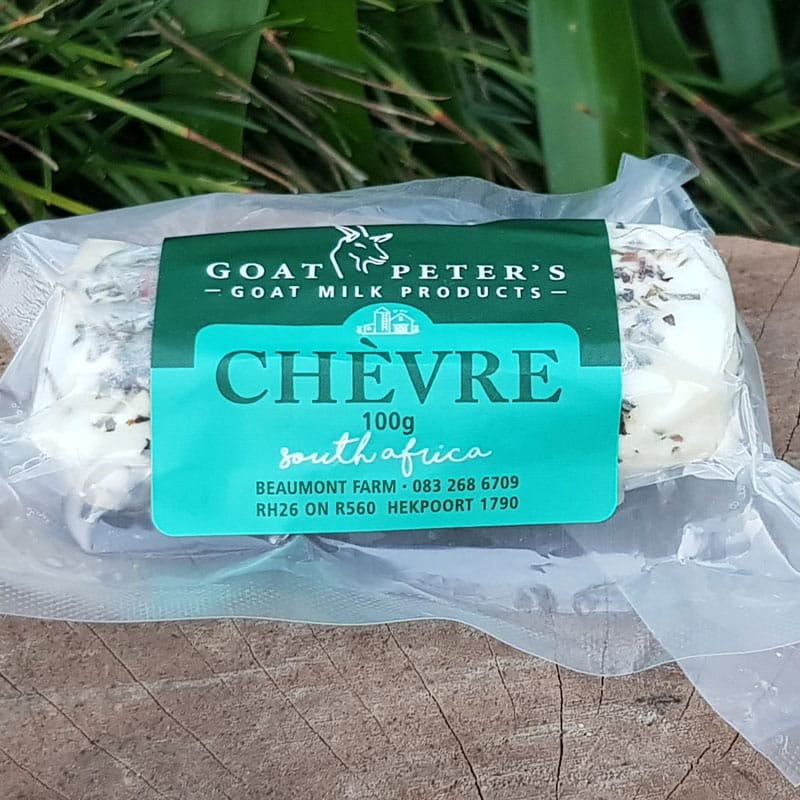
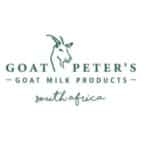
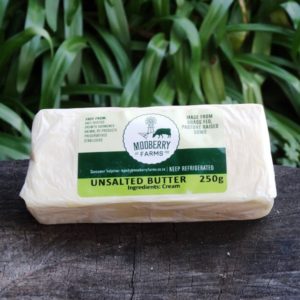
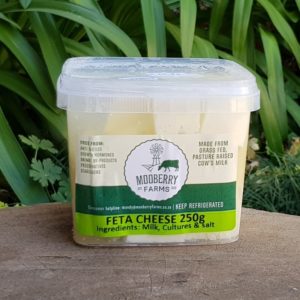
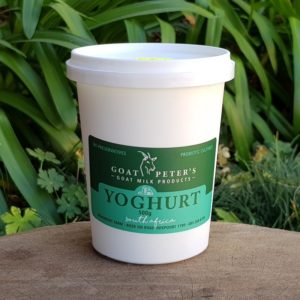

Reviews
There are no reviews yet.